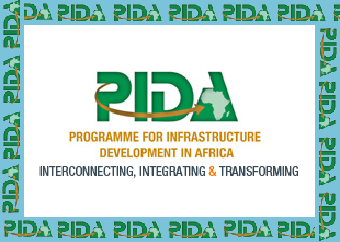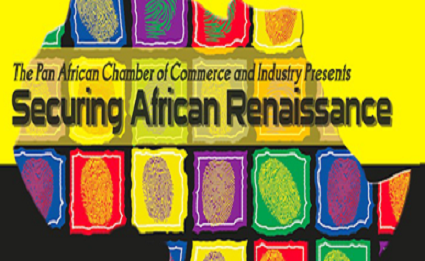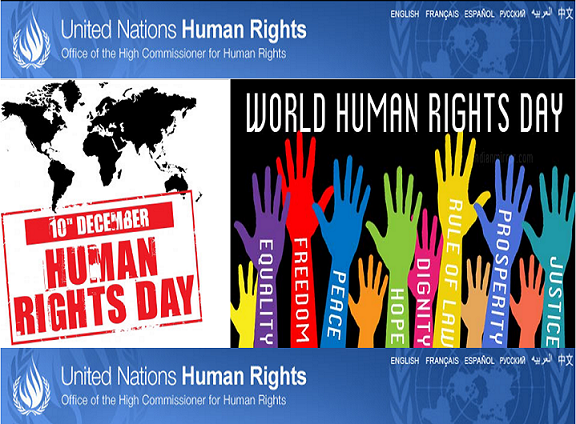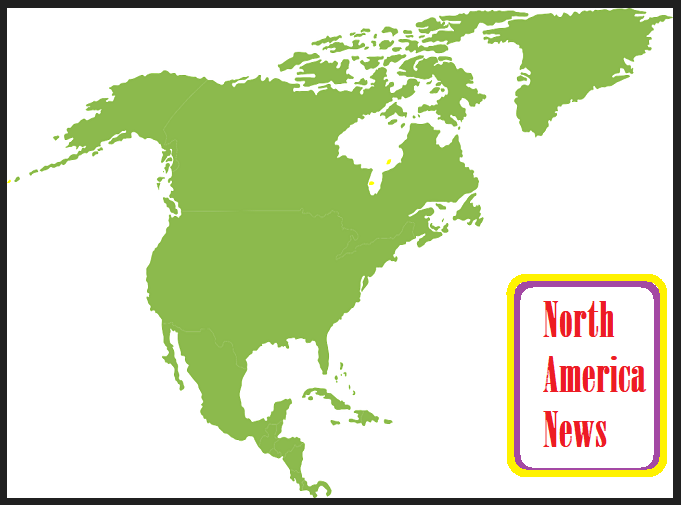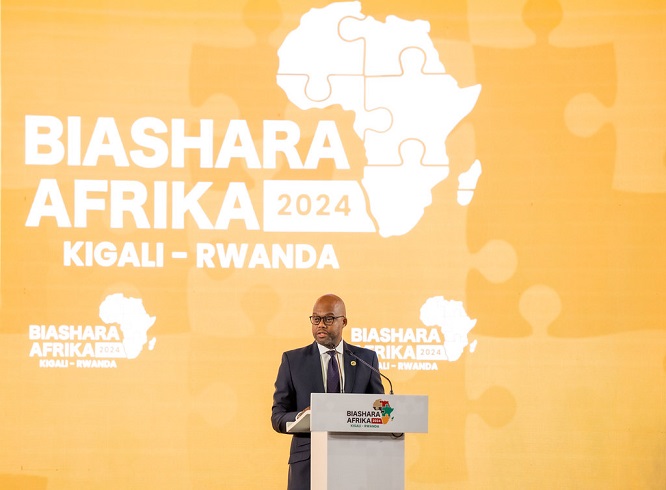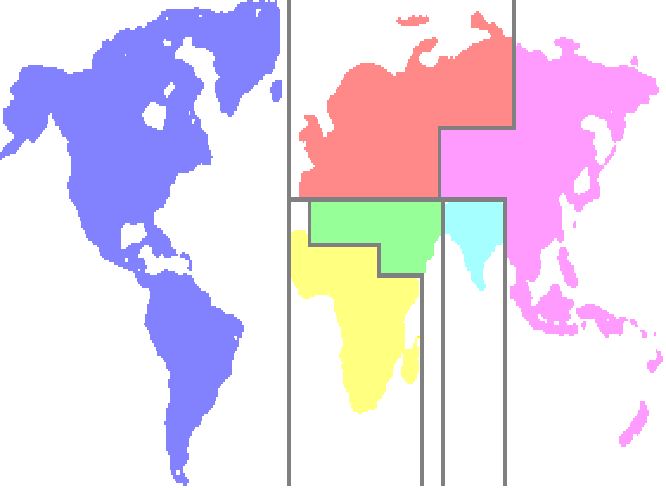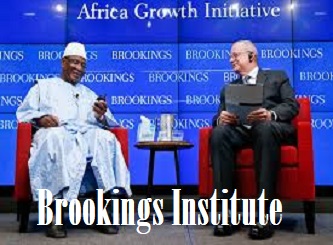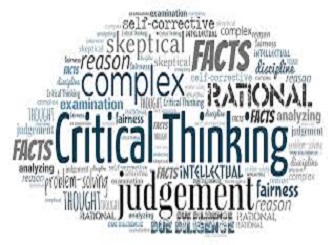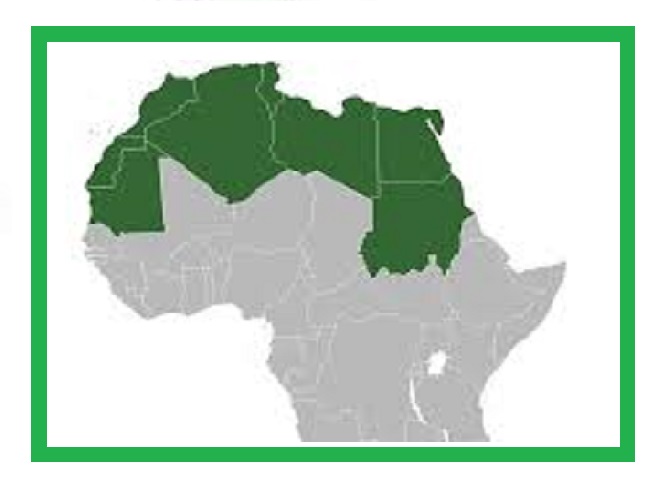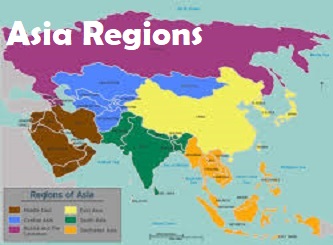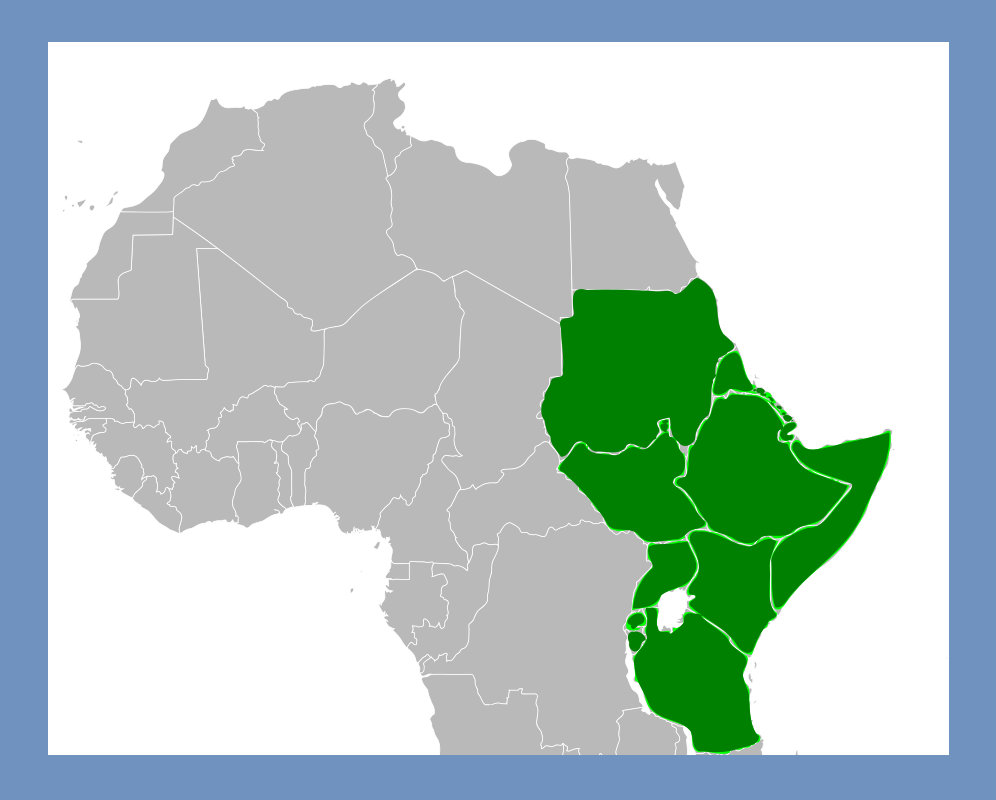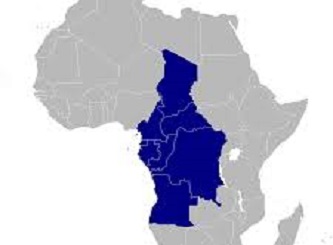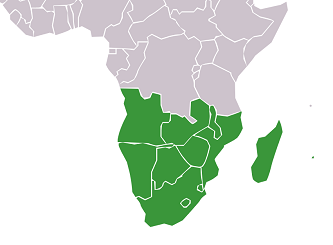USA-South Africa Political Tensions
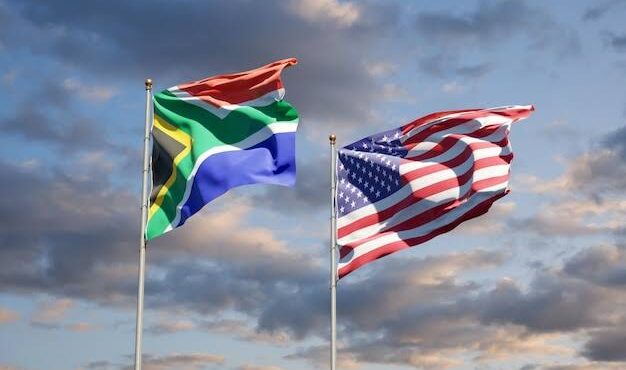
South Africa’s government, under President Cyril Ramaposa, has found common ground across lines in rejecting what it calls an unwarranted U.S. intervention. On 7 February 2025, U.S. President Donald Trump, through an executive order, froze all American aid to South Africa, accusing the government of pursuing a land reform policy that he claimed unfairly targeted the country’s white minority. According to the order, the new Expropriation Act, recently signed into law by Ramaposa, is supposed to enable the state to claim land from Afrikaaner farmers without compensation.
Trump’s statement, posted via his social media platform, Truth Social, claims that South Africa is “confiscating land” and mistreating certain groups. He even went on to promise that the United States would support the relocation of those white farmers that were deemed to be under threat by the new law. This move, however, was sharply criticized by South African leaders, who described it as a propaganda tactic meant to undermine their hard-won reforms.
In a determined national address, President Ramaposa declared that his country would not be ‘bullied’ by Washington. He announced plans to dispatch delegations to Washington and other global capitals to make clear that the Expropriation Act is meant to remedy historical injustices dating back to the apartheid era, not to engage in arbitrary property seizure. Economic analysts note that while white farmers still hold a disproportionate share of farmland (owning nearly three-quarters of privately owned land), the reform is supposed to rebalance a legacy of inequality.
Adding to the controversy, the MK party lodged a treason complaint against AfriForum, accusing the lobby group of spreading misleading information in U.S. media circles, a claim that AfriForum has completely denied. Meanwhile, the predominantly white-led Democratic Alliance, a coalition partner in Ramaposa’s government, has taken the matter to court, labeling the law as unconstitutional.
South Africa’s stance is clear: no land has been forcibly taken yet, and the country insists that its constitutional processes will ensure fairness in all cases of land reform.



